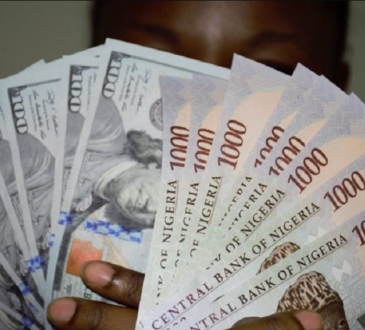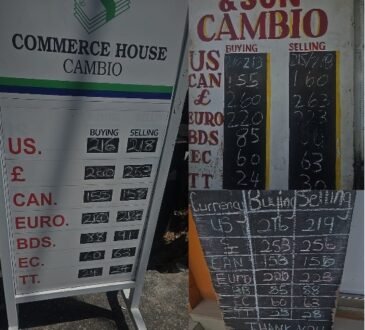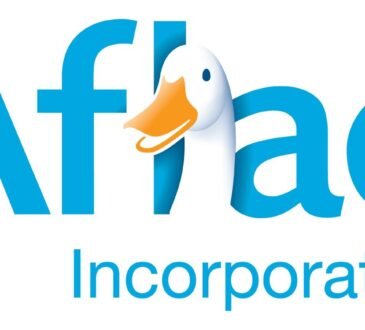Trading in any investment market is very difficult, as evidenced by the fact that most beginning traders lose money. However, success can be found with enough of the right education, practice, and experience. So, what is currency trading and is it right for you?
The currency market, or forex (FX), is the largest investment market in the world and continues to grow annually, with more than $7.5 trillion in notional value exchanged daily, as of April 2022. By comparison, daily value traded on the New York Stock Exchange (NYSE) averaged ~$117 billion in the first half of 2024. Traditionally, the bulk of the volume came from professional traders, but as currency trading platforms have improved, more retail traders have found forex to be suitable for their investment goals.
Key Takeaways
- Forex exchanges trade 24 hours, five days a week, and form the world’s largest and most liquid asset market.
- While the market is massive, eight major currencies are responsible for nearly 80% of the volume.
- Currencies are traded against one another as pairs (e.g., EUR/USD), and each pair is typically quoted in pips (percentage in points) out to four decimal places.
- Currency prices fluctuate based on the economic situation of the countries involved, geopolitical risks and instability, and trade & financial flows, among other factors.
How Does Currency Trading Work?
The forex market runs 24 hours a day, five days a week, from Sunday, 5 p.m. until Friday, 4 p.m. ET, but different times of the day may have entirely different trading dynamics. Traders generally recognize three sessions: Asian, European, and the U.S. Although there is some overlap in the sessions, the main currencies in each market are traded most heavily during their respective market hours.
This means that certain currency pairs will have more volume during certain sessions. For example, traders who use pairs based on the dollar will find the most volume during the U.S. trading session.
ForexMarketHours.com
Pairs and Pips
All currency trading is done in pairs. Unlike the stock market, where you can buy or sell a single stock, in the forex market you buy one currency and simultaneously sell another. Each currency pair is quoted in terms of one currency versus another. For example, in the EUR/USD currency pair, EUR (the euro) is the base currency and USD (the U.S. dollar) is the quote currency. If you buy this pair, you are buying euros and selling dollars. Conversely, if you sell this pair, you are selling euros and buying dollars.
Nearly all currencies are priced out to the fourth decimal point. A pip (percentage in point) is the smallest increment of trade. One pip typically equals 1/100 of 1%, or the number in the fourth decimal place . Most currencies are priced out to the fourth or fifth decimal place(the EUR/USD pair might be quoted as 1.1234).
Exceptions to this rule are currency pairs that include the Japanese Yen (JPY) as the quote currency. These pairs typically price out to two or three decimal places, with a pip being represented by the second decimal place (the USD/JPY pair might be quoted as 156.78)
Currencies are traded in various sized lots. A micro lot is 1,000 units of the base currency in a pair. If your account is in U.S. dollars, a micro lot represents $1,000 of your base currency, the dollar. A mini lot is 10,000 units of your base currency and a standard lot is 100,000 units.
Retail or beginning traders often trade currency in micro lots, because one pip in a micro lot represents only a 10-cent move in the price. This makes losses easier to manage if a trade doesn’t produce the intended results. In a mini lot, one pip equals $1 and that same one pip in a standard lot equals $10. Some currencies move as much as 100 pips or more in a single trading session making the potential losses to the small investor much more manageable by trading in micro or mini lots.
Far Fewer Products
The majority of the volume in currency trading is confined to only 18 currency pairs compared to the thousands of stocks that are available in the global equity markets. Although there are other traded pairs outside of the 18, the eight major currencies most often traded are the U.S. dollar (USD), Canadian dollar (CAD), euro (EUR), British pound (GBP), Swiss franc (CHF), New Zealand dollar (NZD), Australian dollar (AUD) and the Japanese yen (JPY). Although nobody would say that currency trading is easy, having far fewer trading options makes trade and portfolio management more simple.
What Moves Currencies?
An increasing number of stock traders are taking an interest in the currency markets, as many of the forces that move the stock market also move the currency market.
Factors like interest rates, new economic data from the largest countries, and geopolitical tensions are just a few of the events that may affect currency prices. Supply and demand dynamics also play a major role. When the world needs more dollars, the value of the dollar increases, and when there are too many circulating the price drops.
Why Is Currency Trading Called Forex or FX?
Forex is an abbreviation of “foreign exchange,” as is FX. These terms are common shorthand for currency trading.
Who Invented Currency Trading?
The exchange of foreign currencies goes back to early human civilization and the advent of trade routes and commerce. However, modern forex trading effectively began in 1973, when the gold standard of foreign exchange was abandoned and free-floating currencies were adopted.
How Are Currency Pairs Quoted?
Currencies are traded in pairs, so that in every trade one currency is exchanged for another at a given rate, determined by the market. These pairs look something like EUR/USD = 1.08. This means that one Euro buys USD $1.08. The base currency appears first and the quote currency (or counter currency) second. In a direct quote, the quote currency is the foreign currency, while in an indirect quote, the quote currency is the domestic currency.
The Bottom Line
Much like anything in investing, learning about currency trading is easy, but finding the winning trading strategies takes a lot of practice. Most forex brokers will let you open a free virtual account to trade with virtual money until you find strategies that will help you become a successful forex trader.
Investopedia does not provide tax, investment, or financial services and advice. The information is presented without consideration of the investment objectives, risk tolerance, or financial circumstances of any specific investor and might not be suitable for all investors. Investing involves risk, including the possible loss of principal.





